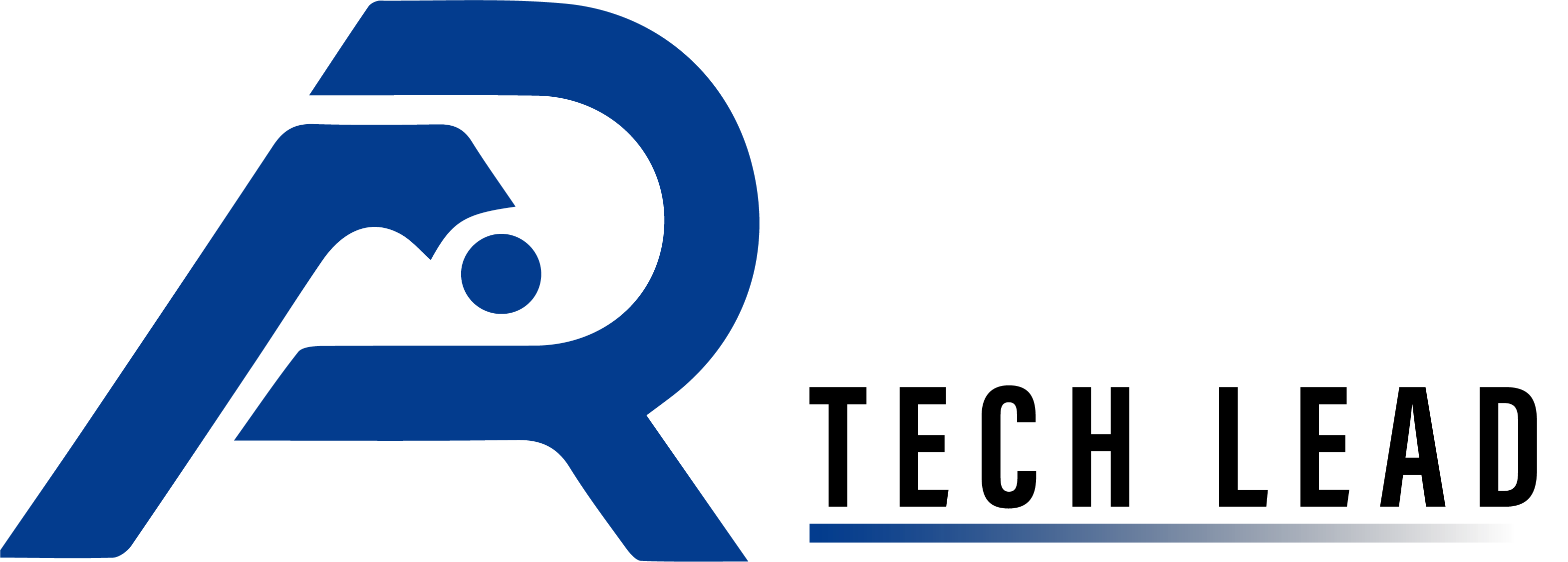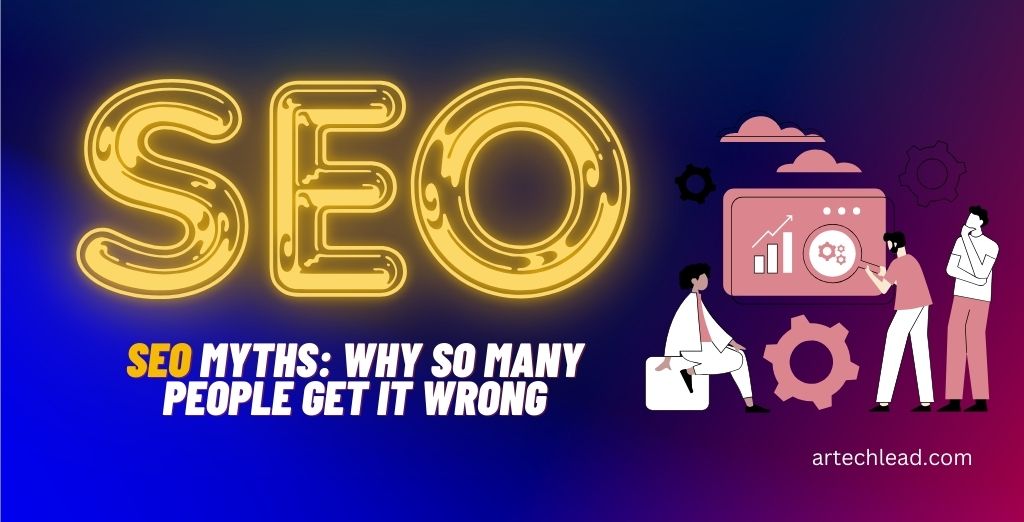SEO Myths Exposed: Why So Many People Get It Wrong
Why SEO Myths Are So Common?
SEO is among the most frequently misrepresented components of digital marketing. With the constantly changing nature of search engine algorithms, misinformation spreads fast — and wide. Businesses, bloggers, and marketers often fall victim to outdated advice or misleading “hacks” that can do more harm than good. In this article, we’ll debunk the most persistent SEO myths, using facts, logic, and industry-backed data.
Myth 1: SEO Is a One-Time Task
Many businesses mistakenly believe that SEO is a “set it and forget it” strategy. This couldn’t be further from the truth.
The Evolution of Search Algorithms
Search engines like Google update their algorithms frequently — sometimes multiple times a day. SEO involves constant optimization, monitoring, and adapting to these changes.
Why it matters:
- Content needs regular updates to stay relevant.
- Technical SEO must evolve with new standards.
- User behavior and search intent shift over time.
Quick Tip: SEO is an ongoing investment, not a one-off project. Think of it as a garden that needs constant nurturing.
Myth 2: Keywords Are All That Matter
Sure, keywords help search engines understand your content, but over-relying on them is a common mistake.
The Role of Semantic Search
Modern algorithms like Google’s BERT and MUM understand context better than ever. This means your content should prioritize user intent and natural language.
Examples:
- Instead of stuffing “best running shoes,” write a helpful guide on choosing shoes based on terrain and foot type.
- Use related terms like “athletic footwear,” “trail shoes,” or “marathon sneakers.”
Bottom Line: Keyword density isn’t the magic formula anymore — relevance and intent are king.
Myth 3: Google Penalizes Duplicate Content Automatically
This myth has been floating around for years. Let’s clear the air.
The Real Deal on Duplicate Content
Google doesn’t automatically penalize for duplicate content. However, it might choose which version to index and ignore others.
What actually happens:
- It may affect the crawl budget.
- Search engines consolidate signals to a preferred version.
- It can dilute ranking potential if not managed properly.
Solution: Use canonical tags, 301 redirects, or rewrite content to be original and valuable.
Myth 4: Longer Content Always Ranks Better
This myth stems from data showing that top-ranking pages often have 1,500+ words.
Balancing Length and Value
Longer content only ranks better when it provides more value. If it’s padded with fluff, users will bounce.
Tips:
- Don’t force length — answer the query clearly.
- Use formatting like headers and bullet points to improve readability.
Tip: Focus on comprehensive content, not just long-winded paragraphs.
Myth 5: Meta Tags Don’t Matter Anymore
Some believe meta tags are a relic of the past. They’re not — at least, not all of them.
Which Meta Tags Still Count
- Meta Title: Influences rankings and click-through rates.
- Meta Description: Doesn’t directly affect rankings but affects how users perceive your page.
- Robots Meta Tag: Critical for indexing control.
Actionable Tip: Craft compelling, keyword-rich meta tags that match search intent.
Myth 6: SEO Is All About Rankings
High rankings are great — but they’re not everything.
The Bigger Picture of SEO
- Driving qualified traffic
- Improving user experience
- Increasing conversions
You can rank #1 and still see little benefit if your content doesn’t satisfy user intent or convert visitors into customers.
Myth 7: Social Signals Directly Impact Rankings
Many believe that likes, shares, and retweets boost search rankings. Not quite.
Social Media’s Real Role in SEO
Social signals don’t directly impact Google’s ranking algorithm, but they can indirectly help by:
- Increasing content visibility
- Driving traffic
- Attracting natural backlinks
Takeaway: Social media supports SEO — it doesn’t define it.
Myth 8: HTTPS Is Optional
In 2025, if you’re still running a non-secure HTTP site, you’re far behind.
Why Website Security Matters
Google confirmed HTTPS is a ranking factor. But beyond SEO:
- Users trust secure sites more.
- Browsers like Chrome label HTTP sites as “Not Secure.”
- Sensitive data (like form submissions) needs encryption.
Pro Tip: Get a free SSL certificate from Let’s Encrypt and keep your site secure.
Conclusion: SEO Is Evolving – Stay Informed
SEO is complex, yes — but it’s also incredibly rewarding when done right. By shedding these outdated myths and embracing modern, data-backed strategies, you’ll not only survive the ever-changing search landscape but thrive in it.
Stay updated, test frequently, and always focus on value for the user. Because at the end of the day, SEO isn’t about gaming the system — it’s about creating a better experience for your audience —So, Let’s Start building together!
FAQs: Clearing Up More SEO Myths
1. Does SEO really take 6 months to work?
In most cases, yes. SEO is a long-term game that builds momentum over time.
2. Is SEO better than PPC?
They serve different purposes. SEO is for sustainable growth; PPC is for instant visibility.
3. Can I do SEO myself?
Absolutely! With time and the right tools, anyone can learn the basics and see results.
4. How often should I update my content for SEO?
At least quarterly, or when search trends change.
5. Are images important for SEO
Definitely. Optimized images improve load speed, accessibility, and offer additional ranking opportunities via image search.
Author








SEO vs SEM: Key Differences, Benefits & When to Use Each - artechlead.com
April 15, 2025[…] Risk: SEO takes time; SEM fills the gap with instant […]